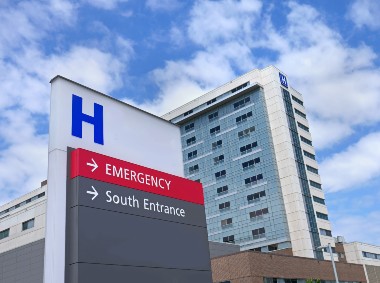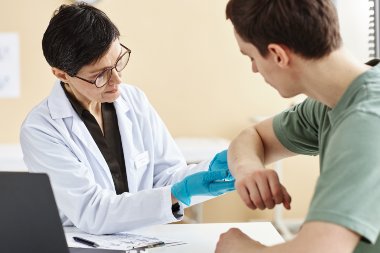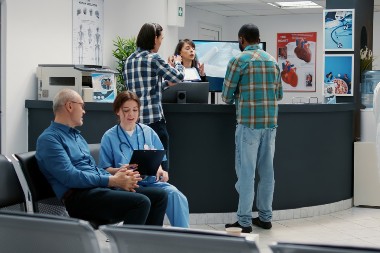LinkedIn has launched new features specifically aimed at helping nursing professionals refine job search filters on the social media site so they can find jobs more specific to their licensing and clinical specialties. Nurses can also filter job postings by shift and schedule. By sifting through the many open positions more precisely, LinkedIn aims to make a better match not only for qualifications but also for the preferences of the 3 million job-hunting nurses that …
Read More









